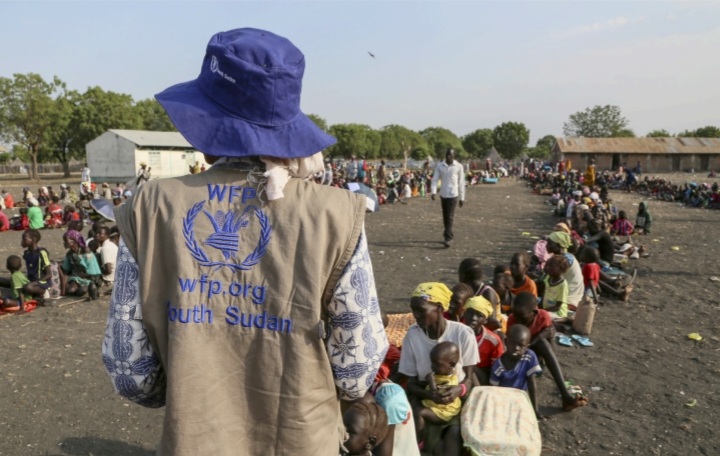Acute Hunger: WHO Raises Concerns Amid Climate Crisis

The World Health Organization (WHO) has expressed concerns regarding the impending food insecurity in Africa as a consequence of the climate crisis.
WHO Director-General Tedros Ghebreyesus addressed this issue during an online news conference over the weekend, emphasizing that the climate crisis plays a significant role in determining human health outcomes.
Ghebreyesus drew attention to the devastating impact of the climate crisis in the greater Horn of Africa, where prolonged drought has already taken its toll.
This has resulted in a surge of hunger, migration, and disease, placing an enormous burden on healthcare systems in the region.
According to Ghebreyesus, the situation is dire, as approximately 60 million people in the greater Horn of Africa region, including Djibouti, Ethiopia, Kenya, Somalia, South Sudan, Sudan, and Uganda, will face food insecurity this year.

Unfortunately, the challenges are expected to worsen in the coming months due to a series of severe weather events, such as droughts, floods, hurricanes, and heatwaves, all of which pose significant threats to human health.
“This year, approximately 60 million people in the greater Horn of Africa region, encompassing Djibouti, Ethiopia, Kenya, Somalia, South Sudan, Sudan, and Uganda, will face food insecurity. In the upcoming months, we anticipate a series of severe weather events, including droughts, floods, hurricanes, and heatwaves, all of which pose threats to human health.” He said.
Ghebreyesus also highlighted the recently announced El Niño by the World Meteorological Organization, which, coupled with global warming, is already contributing to record-high temperatures.
These soaring temperatures not only exacerbate the existing climate crisis but also intensify the adverse effects on agriculture, water availability, and overall livelihoods in the affected regions.
The consequences of these climate-related challenges go far beyond immediate hunger. They disrupt local economies, forcing communities to migrate in search of better conditions, which often leads to overcrowding, unsanitary living conditions, and increased vulnerability to diseases.
These factors, in turn, place an enormous strain on already stretched healthcare systems, limiting their capacity to respond effectively to both climate-related health emergencies and other healthcare needs.
In light of these alarming circumstances, the WHO calls for urgent action to address the climate crisis and its cascading effects on food security, health, and well-being in Africa. International cooperation, increased investment in sustainable practices, and robust adaptation and resilience strategies are necessary to mitigate the impact of climate change, protect vulnerable communities, and ensure a more sustainable and secure future for Africa and the world.
